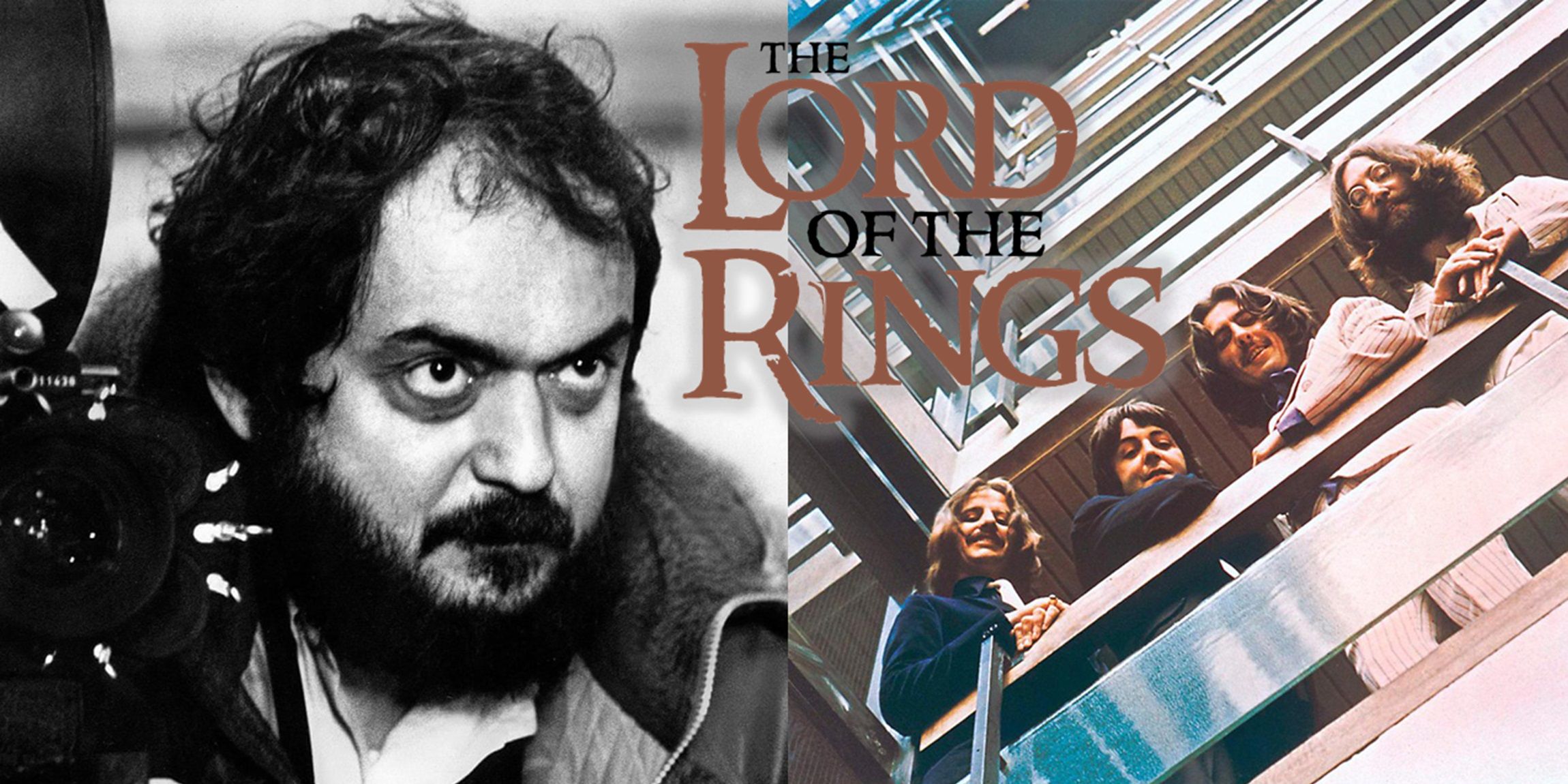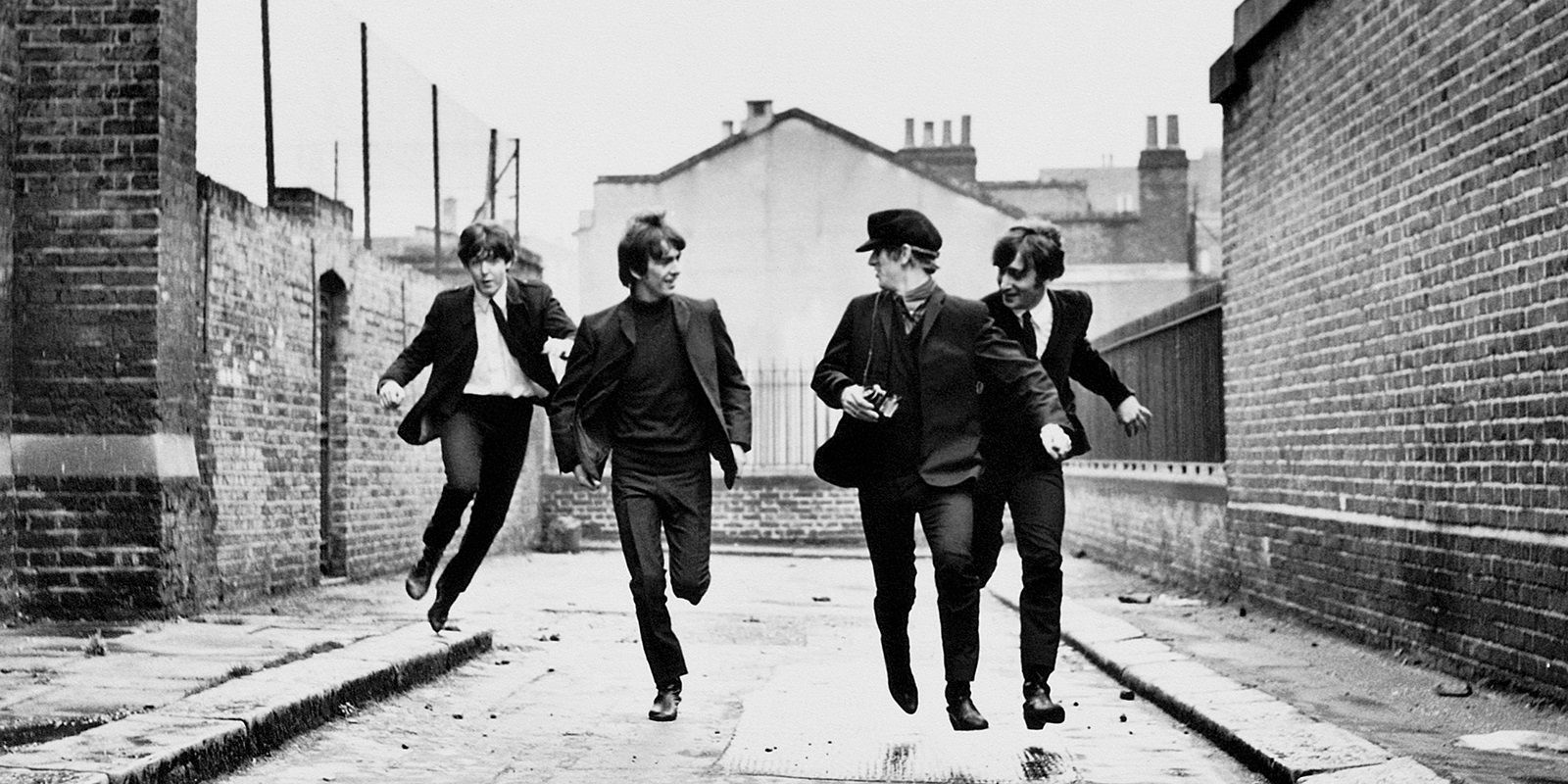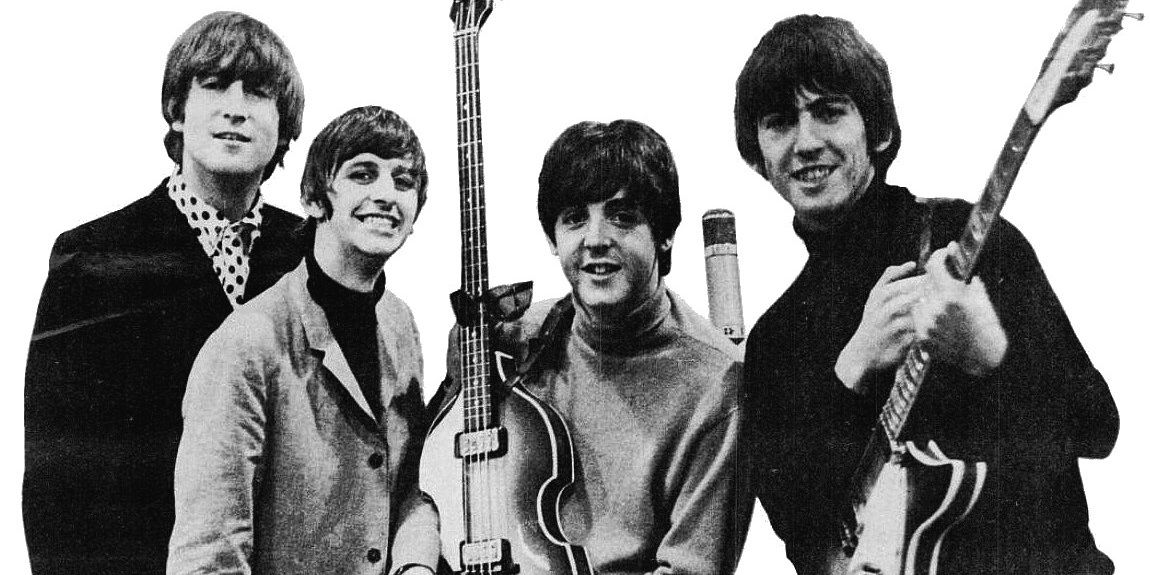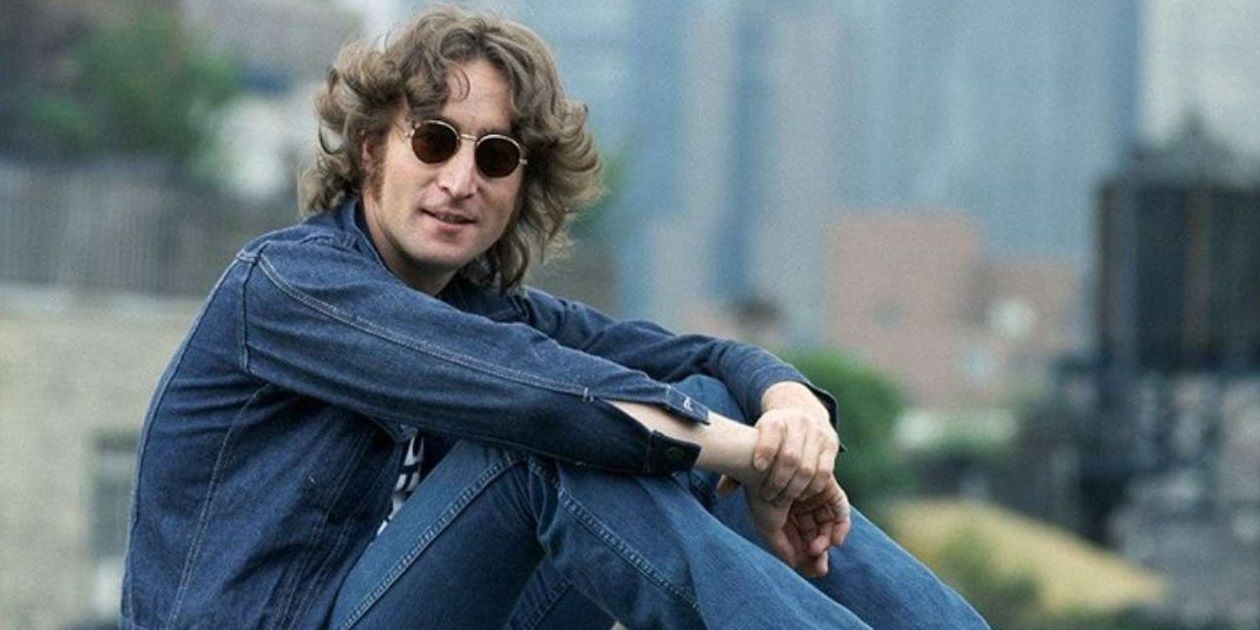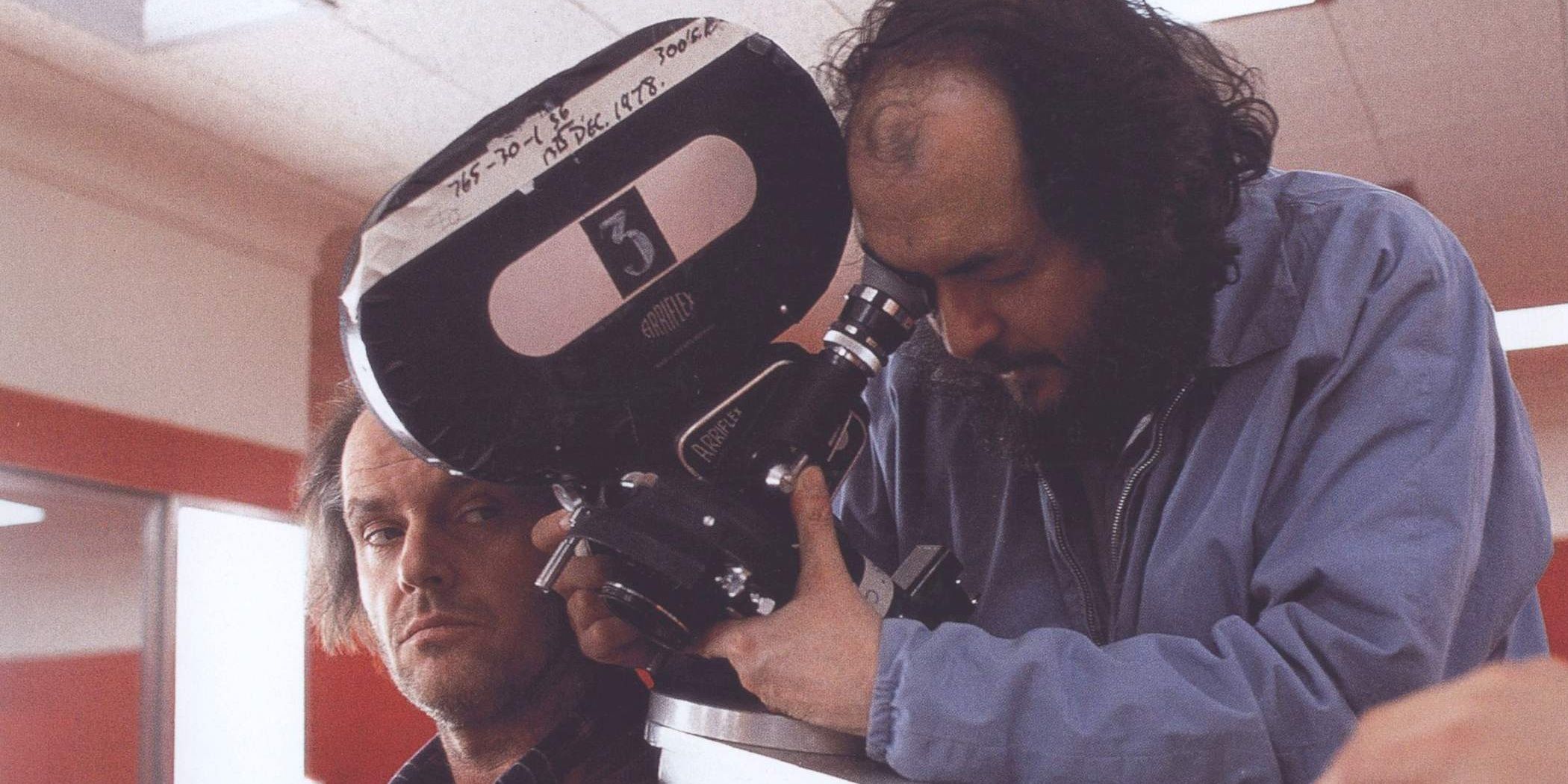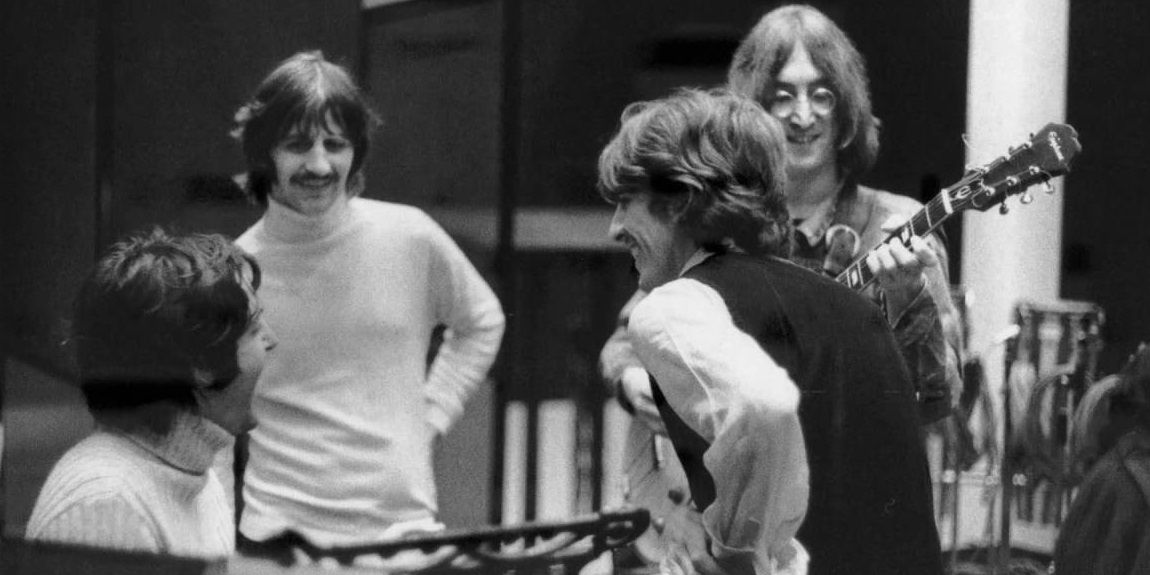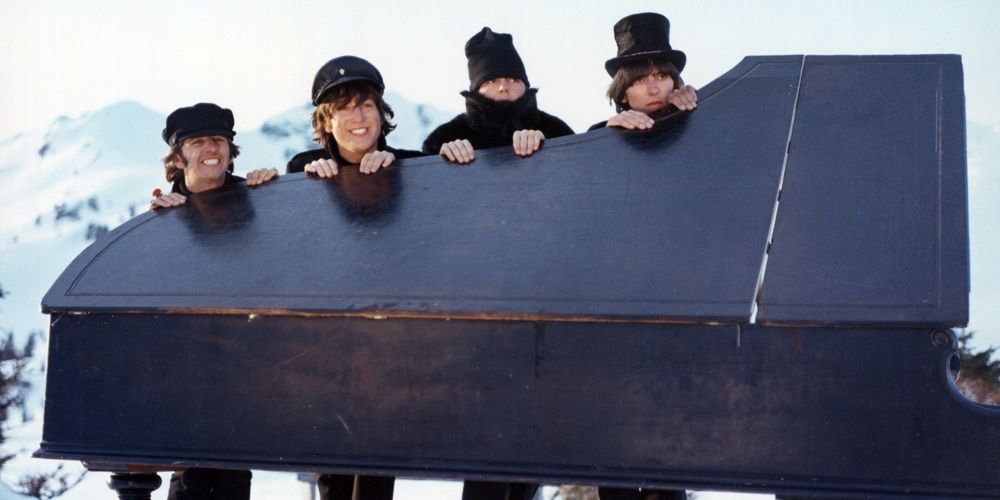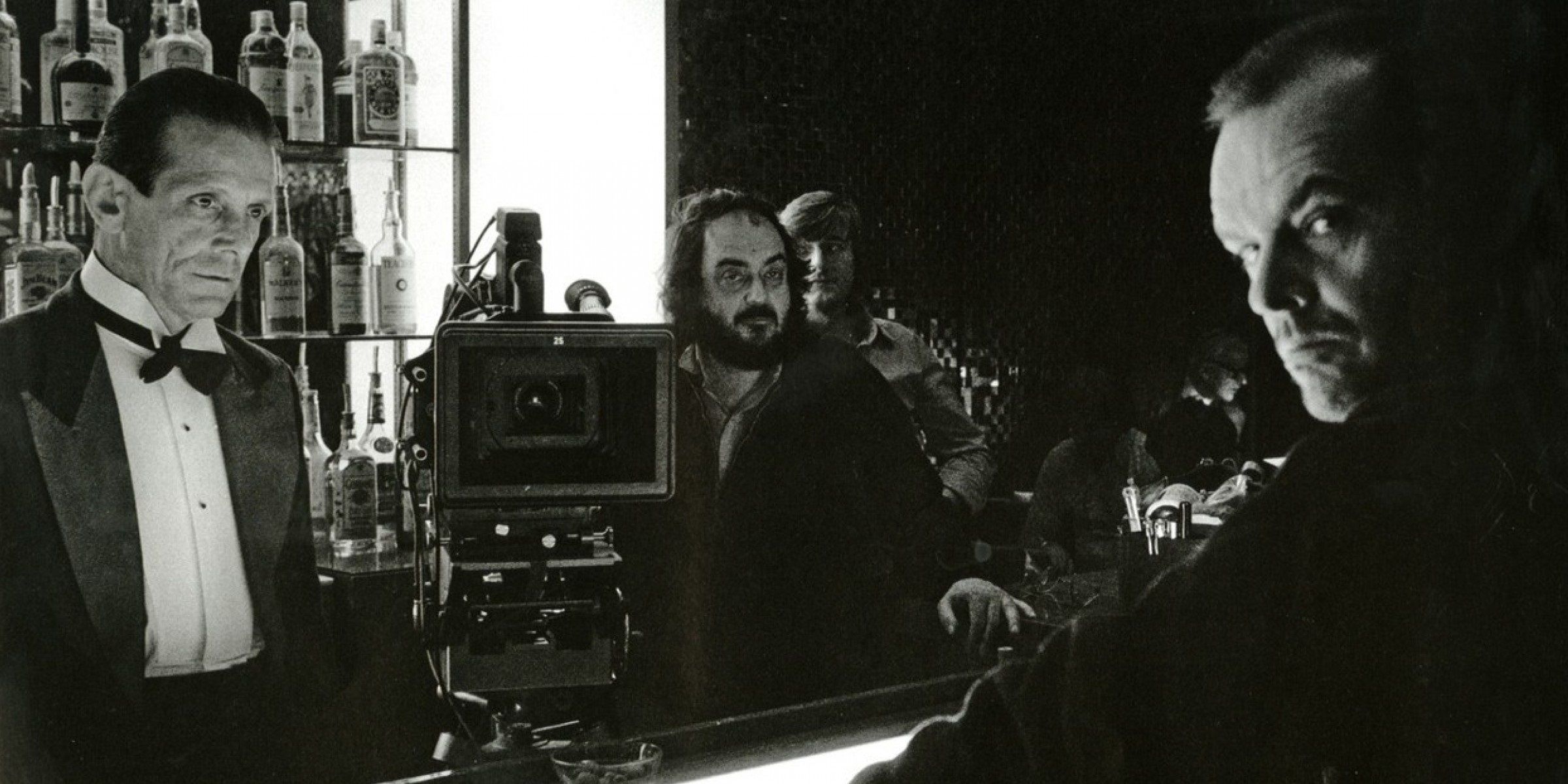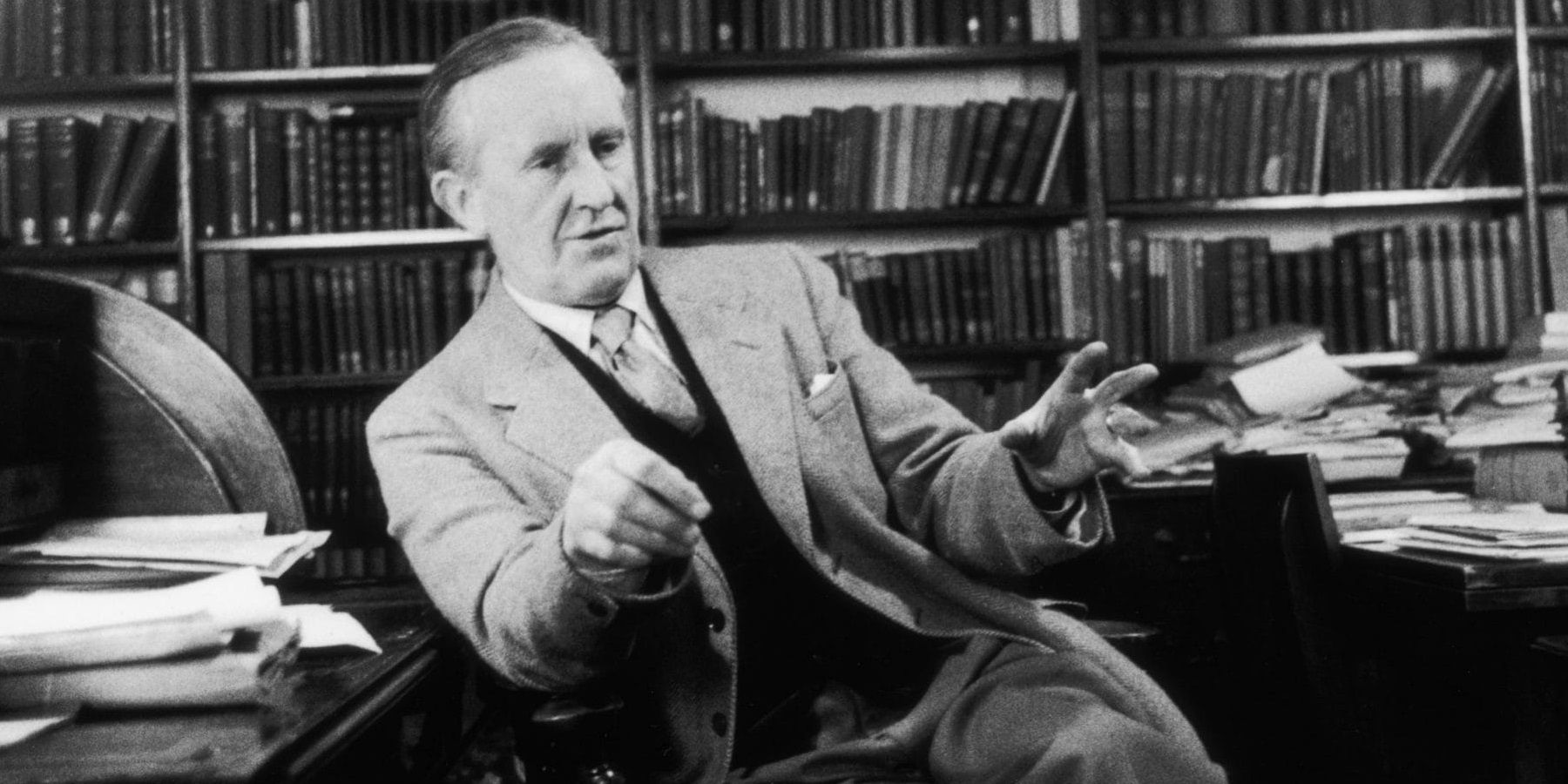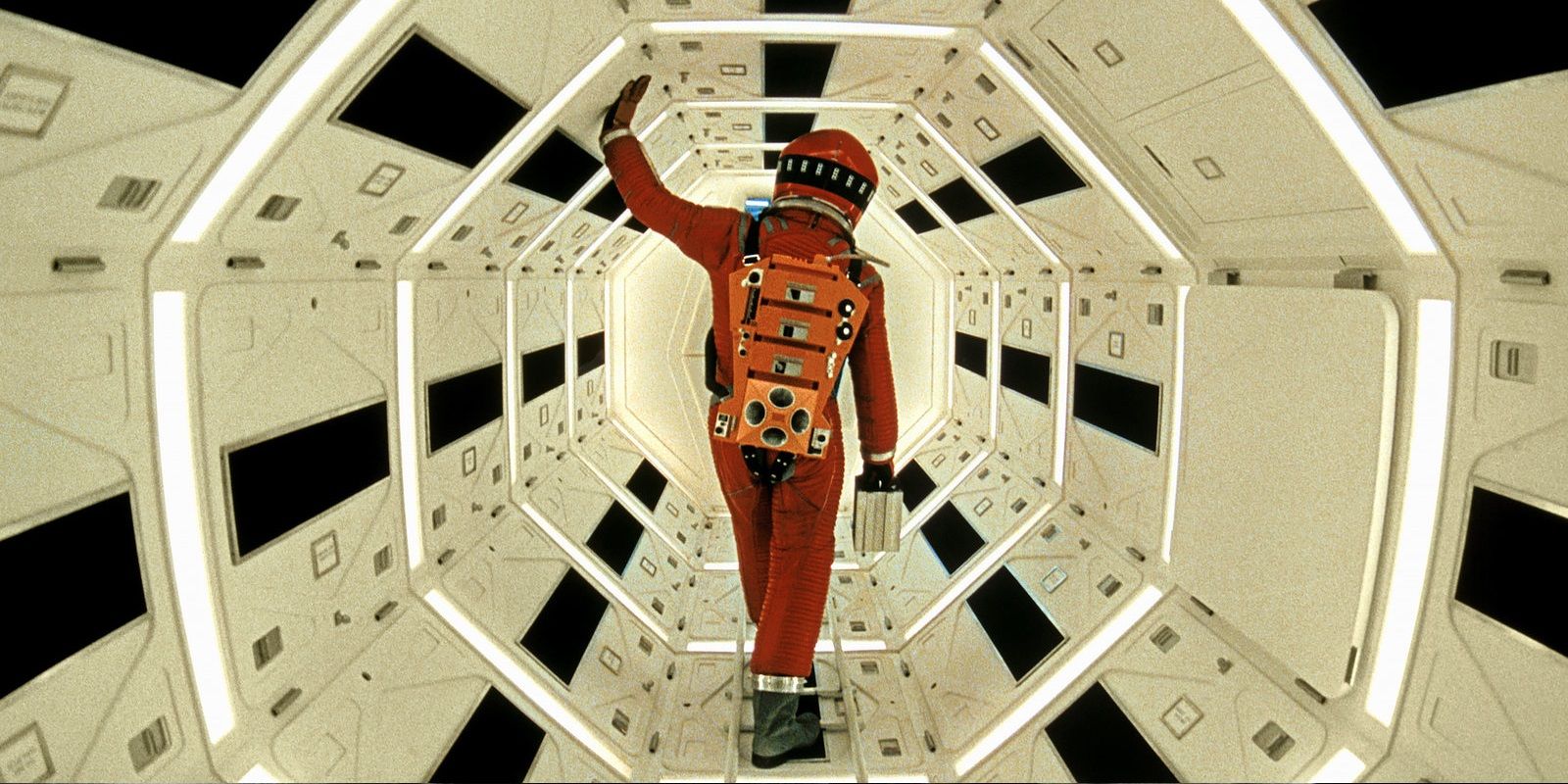Although The Lord of the Rings wouldn’t make it to the big screen until the turn of the 21st century led by Peter Jackson, plenty of attempted adaptations had gone into development before then. Until New Line Cinema took a gamble on shooting Jackson’s vision for the trilogy back-to-back, every attempt to bring J.R.R. Tolkien’s fantasy epic to the screen had ultimately been unsuccessful.
In the 1960s, the Beatles tried to obtain the film rights to The Lord of the Rings, as Tolkien’s work had influenced them all as kids and they wanted to honor it. They wanted Stanley Kubrick to direct and planned to star in the movie themselves.
Denis O’Dell Gave The Band The Initial Idea
The Beatles initially became interested in adapting The Lord of the Rings to the screen when Denis O’Dell suggested the idea. O’Dell had been involved in producing the band’s previous two cinematic efforts and thought they were perfectly suited to the curious world of Middle-earth.
O’Dell’s idea was for the quartet to star in a live-action translation of Frodo’s mythical quest. Like the band’s previous two movies, The Lord of the Rings was going to be a musical. Having been fans of the books when they were younger, the Beatles were instantly on board with the concept.
It Would’ve Starred Paul As Frodo, Ringo As Sam, George As Gandalf, And John As Gollum
It would be easy to assume that the Fab Four wanted to play the four hobbits at the center of the Fellowship’s journey, but only two of them actually intended to play hobbits. Paul McCartney was cast as Frodo Baggins and Ringo Starr was cast as his trusty sidekick Sam Gamgee.
Instead of playing the relatively minor roles of Merry and Pippin, George Harrison was going to play Gandalf and John Lennon was going to play Gollum.
John Lennon Was The Driving Creative Force
While all four Beatles were involved in the development of their potential Lord of the Rings adaptation, John Lennon reportedly took the helm as the driving creative force behind the project.
Primarily, Lennon was tasked with finding the perfect director to bring the band’s trippy vision of Middle-earth to the silver screen.
Stanley Kubrick Was The Beatles’ Top Choice To Direct
When John Lennon was put in charge of appointing a director for the Beatles-starring Lord of the Rings movie, his top choice for the job – and only choice – was Stanley Kubrick.
Kubrick had quickly become one of the hottest directors in Hollywood throughout the early ‘60s, helming the politically charged epic Spartacus, the boundary-pushing Lolita, and the satirical masterpiece Dr. Strangelove, so it’s no wonder the band was interested in his services.
The Beatles Were Going To Write The Soundtrack
This probably goes without saying, but if the Beatles’ Lord of the Rings movie had gotten off the ground, the band would’ve written original songs for its soundtrack. In a parallel universe somewhere, there’s a Beatles album that provides a musical backdrop to The Lord of the Rings.
The band also planned to give the film a psychedelic tone. This could’ve been very interesting, especially with all the Tom Bombadil material.
United Artists Executives Were On Board
After starring in A Hard Day’s Night and Help! for United Artists, the Beatles were under contract to make one more movie for the studio.
Coincidentally, United Artists executives had separately become interested in adapting The Lord of the Rings for the big screen, so when the Beatles came in and said they wanted to adapt it for their third movie, the studio was on board.
Kubrick Believed The Book Was Unfilmable
Despite being the Beatles’ top choice to direct the movie, Kubrick turned down the offer. He thought the scope of the book was too vast and dense to be adapted for film in the 1960s (the task was still plenty demanding for Peter Jackson 40 years later).
After Kubrick turned down the project, the Beatles began to lose interest in it themselves. This turned out to be moot, anyway, as Tolkien himself hammered the final nail into the coffin.
Tolkien Refused To Let The Beatles Adapt His Work
Since J.R.R. Tolkien owned the rights to his work and not the publisher, the author had final say on any adaptation of The Lord of the Rings. He turned down the Beatles’ offer in a heartbeat.
He wasn’t a particularly big fan of the band and didn’t like the idea of his life’s work being turned into a cinematic LSD trip by some pesky young rockers.
Kubrick Went On To Direct 2001: A Space Odyssey Instead
After turning down John Lennon’s offer to direct the Beatles in a Lord of the Rings movie, Kubrick focused his efforts on directing 2001: A Space Odyssey.
Ironically, this movie proved that Lennon had chosen the perfect filmmaker to helm his psychedelic fantasy epic. 2001 has such an intensely psychedelic visual style that during its box office run when it was about to be deemed a financial failure, the revenue generated by hallucinogenic drug users who heard about the Star Gate sequence got the movie in the black.

